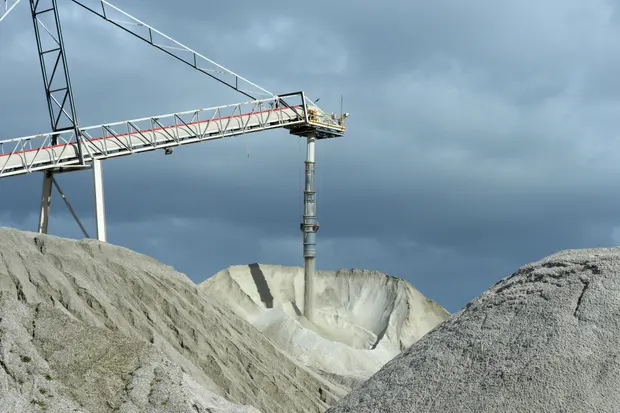A new report of the Jubilee Australia research has shown that the country risks over-mining while ignoring alternatives such as improved battery recycling in the high-stakes quest to break China’s grip over minerals crucial to clean energy technology.
The report, which among other things, questions mineral demand assumptions and warns against causing unnecessary environmental harm, comes as the federal government prepares a strategy to address China’s dominance of minerals seen as critical to a nation.
Jubilee said Australia could be digging up more critical minerals than necessary due to a rush to capitalise on “staggering predictions”. “It is critical that we adopt a smarter and more efficient approach as we look to exploit another resource,” said the report’s lead author, Luke Fletcher.
Read also: WMO: Nigeria, others lost $173.2 billion to climate change-related disasters
Speaking further, he said “While the government’s strategy to make Australia a ‘renewable energy superpower’ will validly speed up the transition from a fossil fuel-based export economy, extracting these key transition minerals will cause significant social and environmental damage if we don’t manage it correctly.”
Critical minerals – such as lithium and copper – and its rare earths subset are known to be used in everything from electric vehicle batteries and wind turbines to smartphones, high-powered magnets and defence technology.
China is a large producer of many of those minerals and often dominates the refining processes needed to make them useful. Mining of rare earths, in particular, can generate large volumes of toxic material and processing is complex, giving China a large head start over other other nations.
While Australia has large deposits of most minerals, it traditionally sends them offshore for processing.
Recall that last month, the resources minister, Madeleine King, told a Darwin audience that included key allies and trading partners that China’s position in the market posed a strategic challenge to Australia.
“Working together, like-minded partners can build new, diverse, resilient and sustainable supply chains as part of a global hedge against concentration,” she said.
Story was adapted from the Guardian.
